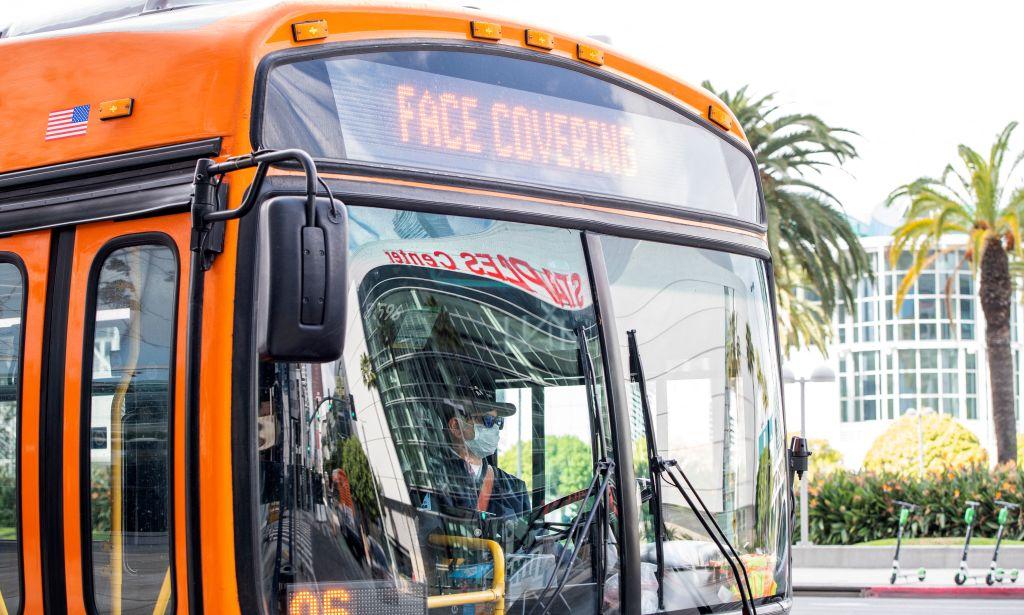LOS ANGELES—With bus operators leaving Metro at higher rates than they’re being hired, the transit agency will temporarily reduce bus service beginning Feb. 20 to avoid more unexpected cancellations.
The Metro Board of Directors voted last Thursday to reduce service due to a bus operator shortage. Between Dec. 13 and Jan. 12, several bus lines had 20 percent or more of their trips canceled due to the shortage, according to a staff presentation given to the board.





